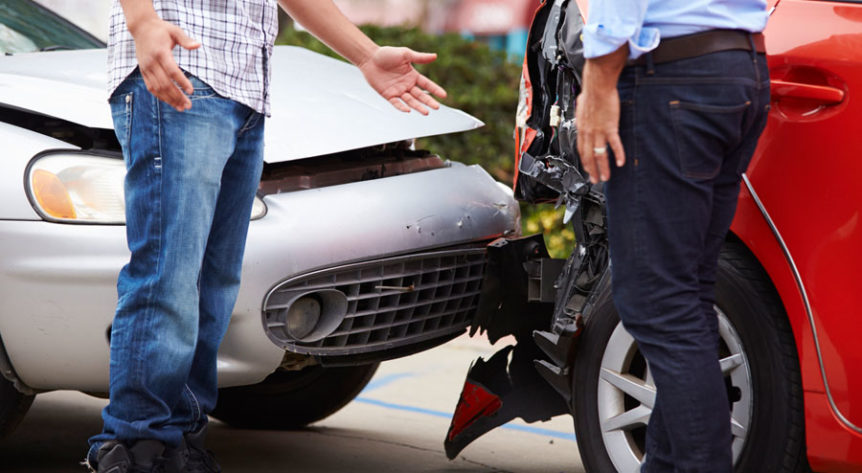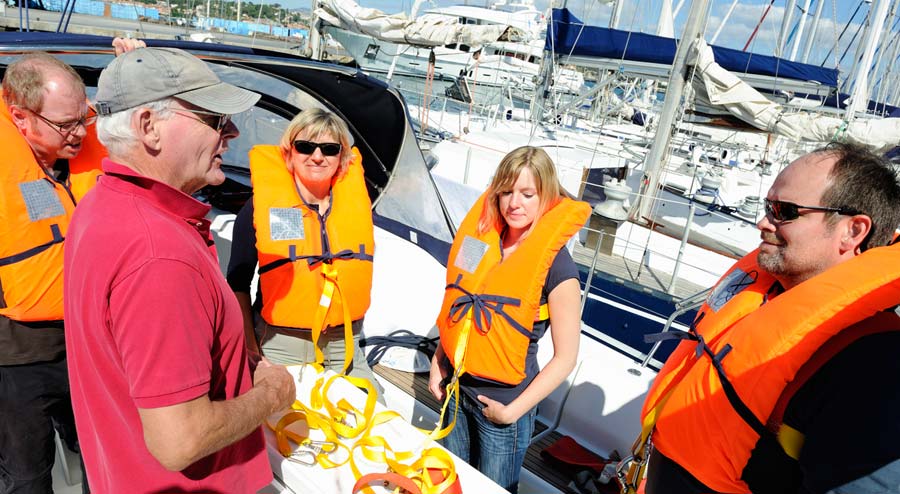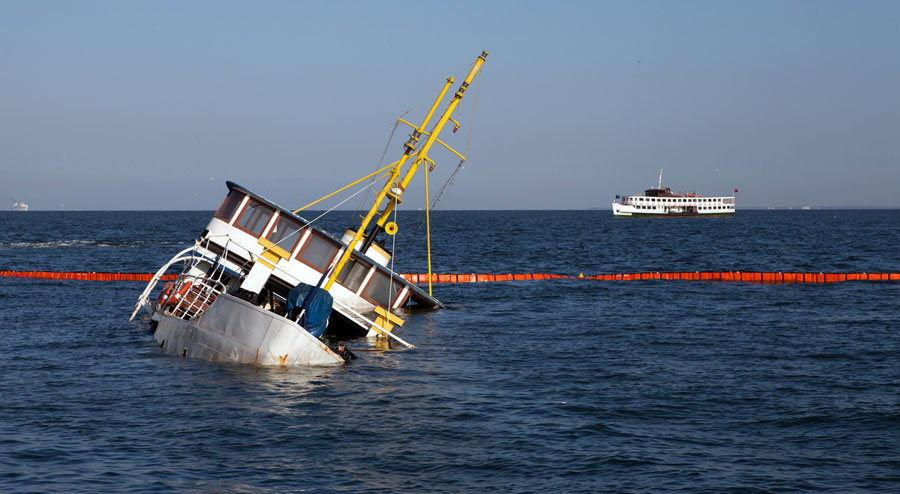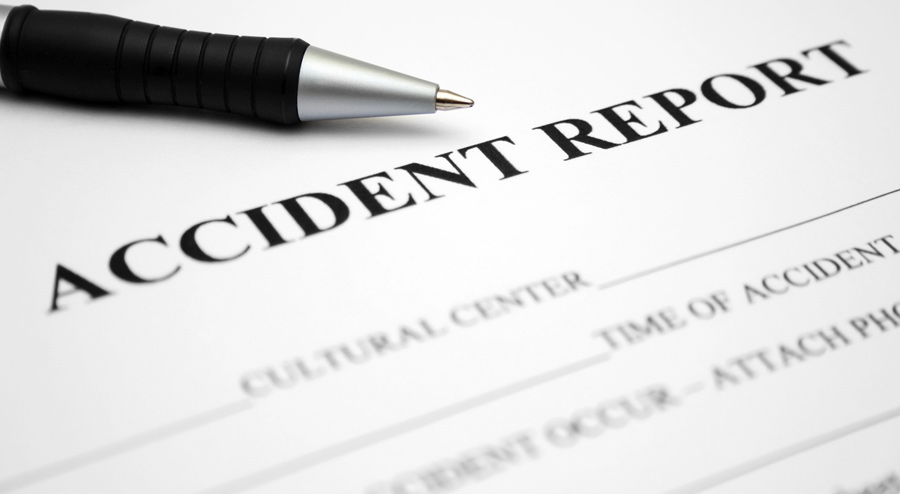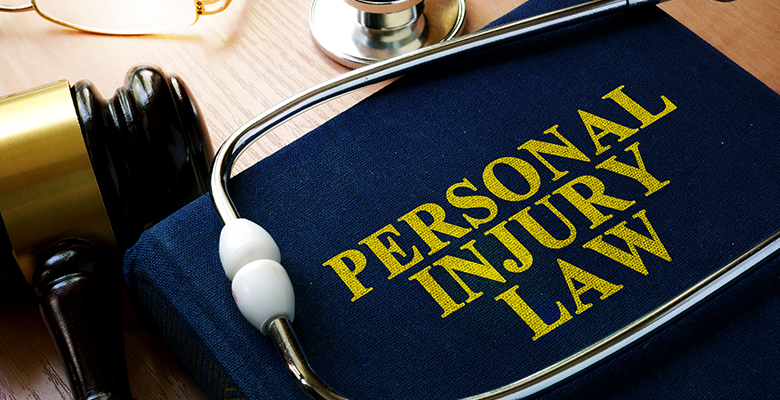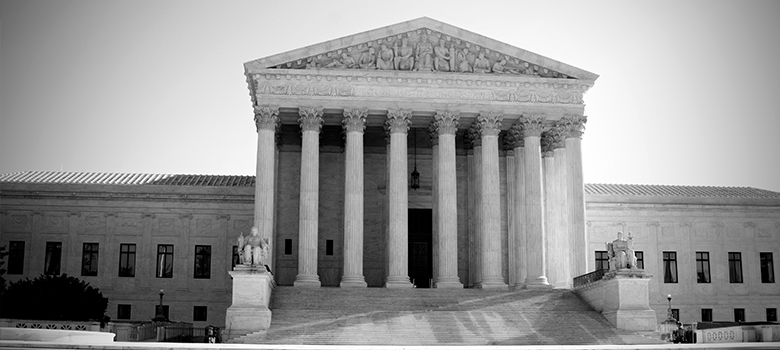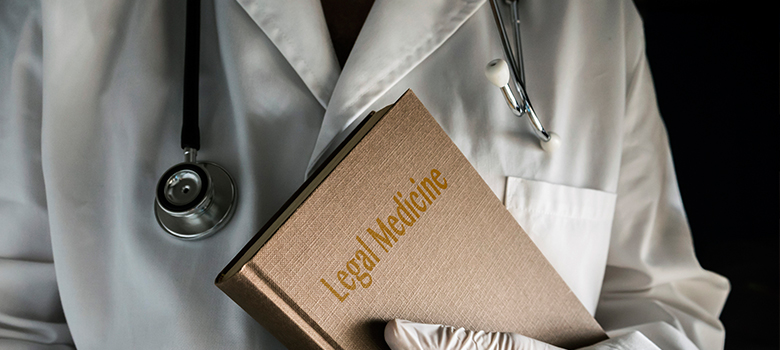If you’ve been involved in a car accident, you might be wondering whether or not you should contact an attorney. In most cases, the answer is yes. Car accidents can have a lot of consequences and it’s important to have an attorney or specialist car accident lawyer on your side to help you navigate them.
What Can a Car Accident Lawyer Do for Me?
After a motor vehicle accident, knowing when it’s necessary to hire a law firm or lawyer can be the determining factor as to whether or not you are found at fault or if you receive everything you’re owed from a legal case resolved in your favor.
If you’re involved in an auto accident with a fatality, serious injury, or a significant amount of damage, it’s even more important to have a lawyer on your side. In fact, you should refrain from signing anything or making any statements until you’ve consulted with an attorney.
It’s true that a lawyer can help reduce paperwork and process insurance claims but, in the right circumstances, they play a vital role in making sure your situation is resolved in the best way possible. Here are some things an auto accident attorney can do for you.
- An attorney can help you get the monetary compensation you deserve. In addition to compensation for the damage to your vehicle, a lawyer can help you negotiate reimbursement for lost wages and medical expenses. Depending on where you’re located, a lawyer may even be able to help you recover if a family member is killed in an accident involving drunk driving, reckless driving, or speeding.
- Lawyers who have experience with auto accidents know what kind of compensation you deserve. This can be a hard thing to figure out on your own and you could end up leaving a lot of money on the table.
- An attorney can put pressure on the insurance company to keep the process moving forward. Insurance companies have a reputation for being slow to pay and can be very manipulative in trying to convince you that you’re not covered in the situation. Hiring a lawyer is one of the most effective ways to get them to pay up.
- Well-trained auto accident attorneys have a vast wealth of knowledge that covers a lot of different areas. A good law firm will be able to handle cases involving wrongful death, property destruction, personal injury, and any liabilities. They should be knowledgeable about both state and federal transportation laws and be able to effectively reign in car insurance and health care companies.
When Do I Need an Auto Accident Attorney?
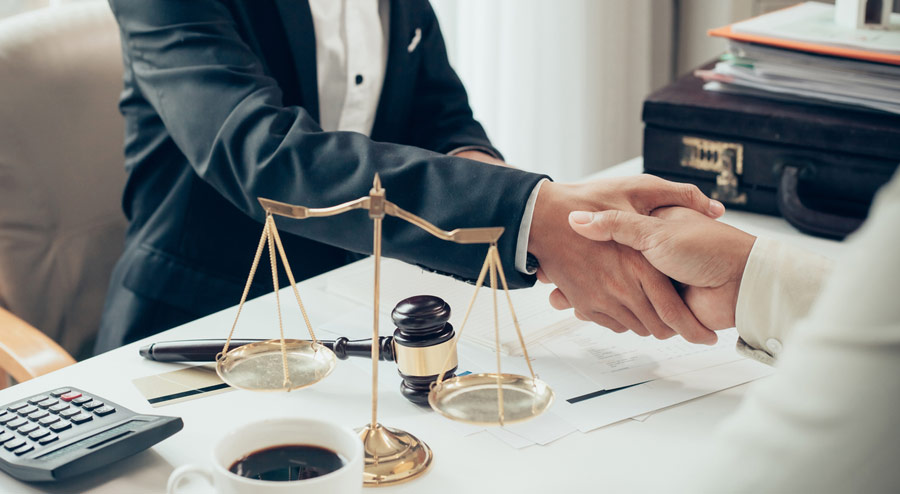
You should consider getting an attorney on board as soon as possible to avoid making any costly mistakes like signing an inaccurate statement, refusing medical care, or trusting an insurance company to do the right thing. If you don’t think you can afford a lawyer, remember that a lot of them will work on a “no upfront fee” basis and will only collect payment if you end up winning your case.
There are deadlines for filing for personal injuries vary from state to state and, if you miss them, you won’t be able to collect everything you deserve. If you need help covering medical bills and lost wages, a lawyer can help you move the process along as quickly as possible. It’s recommended that you wait no longer than a week to contact an attorney and you should speak to one before making any deals with the insurance company.
It’s also very important to hire an auto accident attorney if you are at fault, especially if there were other circumstances involved like poor lighting, unmarked hazards, or anything else that could have contributed to the accident. While there’s no guarantee that you will be found not at fault, there may be other parties that can also be held responsible.
What Should I Ask when Hiring an Attorney?
Before reaching out to an attorney, make sure you have your facts straight about the accident and collect as much evidence and information as possible. This includes any information exchanged at the scene the day of the accident, medical records relating to the accident, and a copy of your insurance policy. The more information you have, the better. Attorneys need to see that you have a case that they can win and the more proof you have, the better.
It’s important to make sure you hire the best law firm or insurance adjuster for your case and the resulting settlement. Here are some questions you can ask to make sure it’s a good fit.
- How are your fees structured if I win?
- Do you have experience with this type of auto accident case?
- Do you have experience with this type of injury that may cause pain and suffering?
- How much of my case will you personally be responsible for?
- Does your practice work strictly with motor vehicle accidents?
- Are there any up-front costs before the claim is made?
No-Win No-Fee Basis
A lot of auto accidents are carried out on a no-win no-fee basis which means that you don’t have to pay the attorney is they don’t win your case and can’t make a claim. If they do win, they get a percentage of the award or settlement.
This is a great way to get the money you deserve but this does usually mean that an attorney will only take on a case they’re relatively sure they can win. That’s why it’s so important to provide as much evidence and documentation as you can when meeting with an attorney for the first time.
Each lawyer sets their own rate and the average is between 30 and 40 percent and is usually limited by state law. Keep in mind that fees are different from costs which you’ll most likely also be responsible for covering, which is why you should ask about them up front.
Most attorneys offer a free consultation for your claim so you can get some idea of what, if any, remuneration you can expect. This gives you a better idea of how strong your case is and can help you make difficult decisions in the future.
You can get an idea of how much your case may be worth with this online case evaluation form offered by the Lawsuit Info Center.
If you need additional assistance finding a personal injury lawyer who specializes in your type of case, you can chat online with a Laws101.com attorney who can assist you and provide you with legal guidance.
RELATED ARTICLES:
- Auto Accident Settlements: 8 Things to Know
- Proving Liability in an Auto Accident
- 18-Wheeler Accident Lawyer
- Fatal Car Accidents: Wrongful Death & Moving Forward
- Motorcycle Accidents: Risks, Causes, and Liability
- Car Accident with an Uninsured Motorist: What You Should Know
- What Does My Car Insurance Cover?
